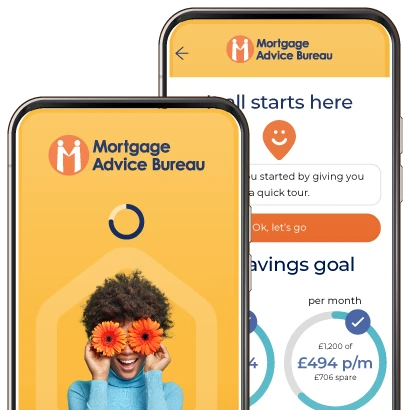However, receiving a mortgage application rejection could throw a spanner in the works. If your mortgage application has been declined, we can shed light on some common reasons why this has happened and offer you some guidance on how to overcome this challenge.
Reasons your application might have been declined
Receiving a declined mortgage application can be disappointing, but it's important not to lose hope. By understanding the common reasons for rejections and taking appropriate steps to address them, you can significantly improve your chances of securing a mortgage.
Here are some of the most common reasons your application might have been declined (please note, these reasons may vary from lender to lender as they all have different criteria.)
Low credit score
One of the primary factors that lenders assess when considering a mortgage application is your credit history. A poor credit score can significantly impact your chances of mortgage approval. Lenders want to ensure that borrowers have a reliable track record of managing their financial obligations. To address this, we recommend improving your credit score by making timely bill payments, paying off any outstanding credit limits, and checking for any errors in your credit report.
Irregular income
Lenders typically evaluate an applicant's income to assess their ability to repay the mortgage. If your income is not deemed sufficient or stable enough to meet the repayment requirements, your application may be declined. This often happens when an applicant has irregular or self-employed income, which can make lenders cautious. It is crucial to have a steady income source and demonstrate financial stability to increase your chances of mortgage approval.
Payday loans
Utilisation of payday loans may affect your mortgage application, and may even lead to it being declined. The reason for this is that when a lender looks through your incomings and outgoings, the use of payday loans may present you as a risky borrower.
Any payday loans you may have taken out will stay on your credit file for six years. The use of payday loans may be seen as risky by lenders as they may think that you won’t be able to handle the financial obligation of taking out a mortgage.
Low affordability
Mortgage lenders are required to conduct stringent affordability checks to ensure borrowers can comfortably meet their repayment obligations. If your income-to-debt ratio is too high or your expenses are deemed excessive, it may result in a declined application. Consider lowering your overall debt, minimising unnecessary spending, and growing your savings to demonstrate financial responsibility and enhance your affordability.
Valuation issues
Lenders often conduct a valuation of the property you intend to purchase to ensure it is worth the amount being borrowed. If the valuation falls significantly short of the loan amount, the lender may refuse the application or reduce the loan offer. In such cases, you can try negotiating with the seller for a lower price or explore alternative lenders who may have different valuation standards.
Gambling
When it comes to gambling, not all instances of it will cause a lender to think you’re a risk to lend money to. Lenders tend to look at the frequency in which you gamble, how much money you stake, and what kind of gambling you’re doing. They look at these factors to determine whether it is sustainable.
This means you should be in control of it and it should be part of your monthly budget – it’s something you do for fun and should spend no more than the amount you’ve set aside. If you want more information about how gambling affects mortgage applications, read our article that goes into more detail on it.
How to improve your chances of acceptance
Work on improving your credit score, increasing your income stability, managing your debts, and demonstrating financial responsibility. Additionally, speak to one of our experienced mortgage advisers, they can provide valuable insights and guidance throughout the mortgage application process. Remember, perseverance and proactive action can lead you closer to your goal of homeownership.
Important information
You may have to pay an early repayment charge to your existing lender if you remortgage.
Your home may be repossessed if you do not keep up repayments on your mortgage.
There may be a fee for mortgage advice. The actual amount you pay will depend upon your circumstances. The fee is up to 1% but a typical fee is 0.3% of the amount borrowed.
Related Articles
Can I get a mortgage despite my debts?
Even if you have debt, you can still increase your chances of getting a mortgage by building your credit score up.
1880 views | 4 months ago
Does gambling affect a mortgage application?
Understand how gambling could impact your chances of getting a mortgage.
2440 views | 3 months ago
Money talks: discussing finances with friends and family
Finances can be a tricky subject to bring up in conversation at the best of times - even with someone you’re close to, such as your partner or a close family member.
< 40 views | 1 year ago
No posts currently available







